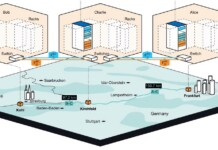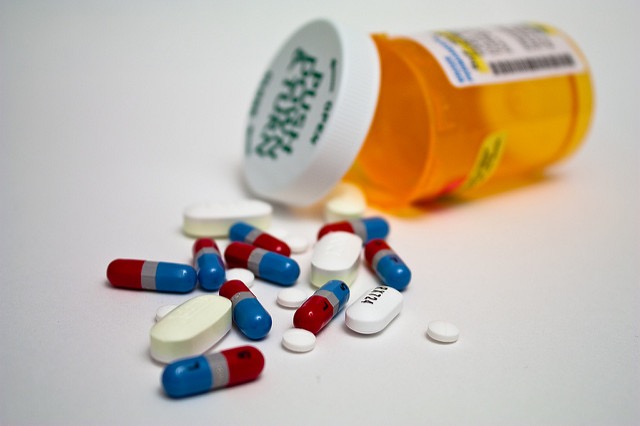For years, the city of Huntington, West Virginia experienced a steady climb in drug overdoses. When it finally came to a tee in 2014, the town launched a compassion-based outreach program that has cut the rate of overdoses by more than half in less than one year.
The Quick Response Team (QRT) is a rotating group of paramedics, mental health specialists, and police officers who check up on overdose survivors within 72 hours of their overdose.
The team has found that when addicts and troubled patients are visited by city officials who express concern over their predicament, they are more likely to get better and seek treatment because they feel that someone cares.
“[First responders] are having people say to them, ‘This is the first time that someone has cared enough to come and do this, you’ve saved my life, thank you,’” healthcare worker Karen Yost told the Christian Science Monitor. “Now they’re beginning to see light at the end of the tunnel.”
RELATED: 14 Years After Decriminalizing Heroin, Here’s What Portugal Looks Like
The program has had such a stunning effect on the city, that the state recently approved a bipartisan bill to implement the initiative in a four-year pilot program across West Virginia.
Huntington officials hope that their treatment model will soon be implemented across the country as well.
“If we find a way to be able to defeat this here,” Mayor Steve Williams told the CSM, “then that becomes a standard that can be utilized certainly throughout the rest of the state, but I believe that it [also] becomes a standard that the rest of the nation will be able to follow.”
Cure Your Friends Of Negativity And Share The Good News – Representative photo by Airman 1st Class Emerald Ralston / U.S. Air Force




















